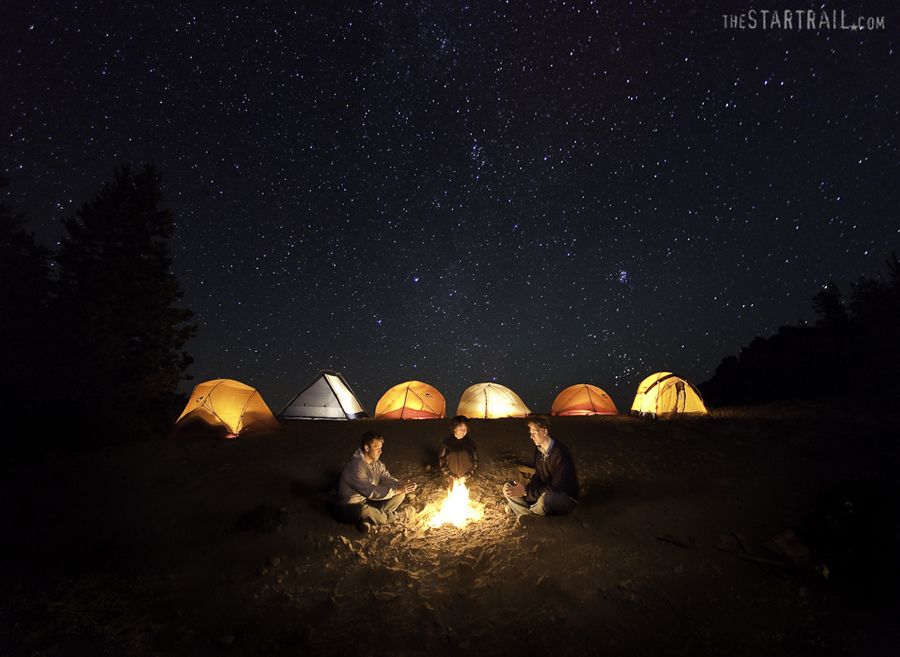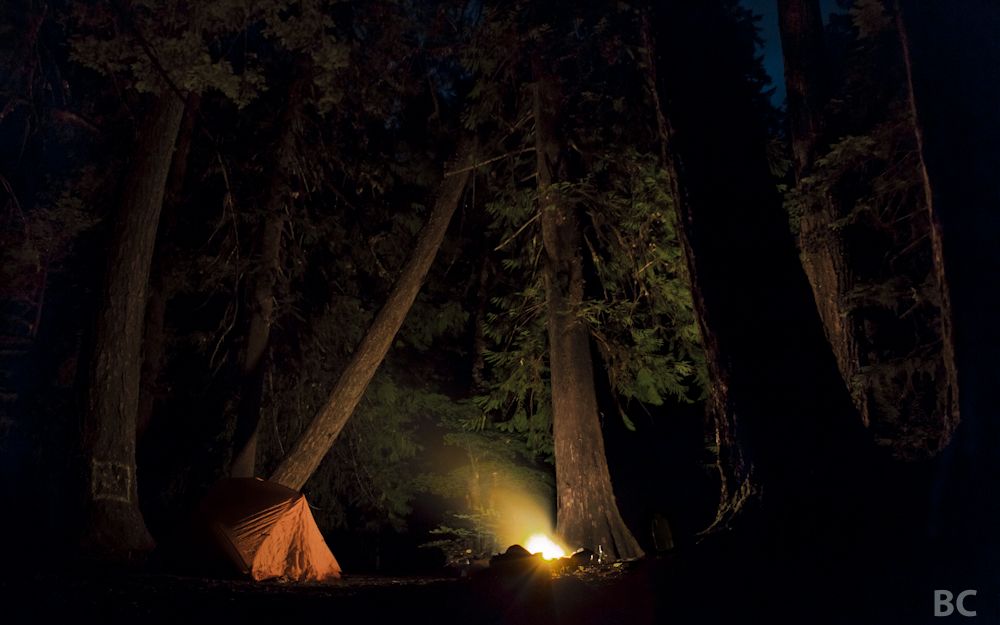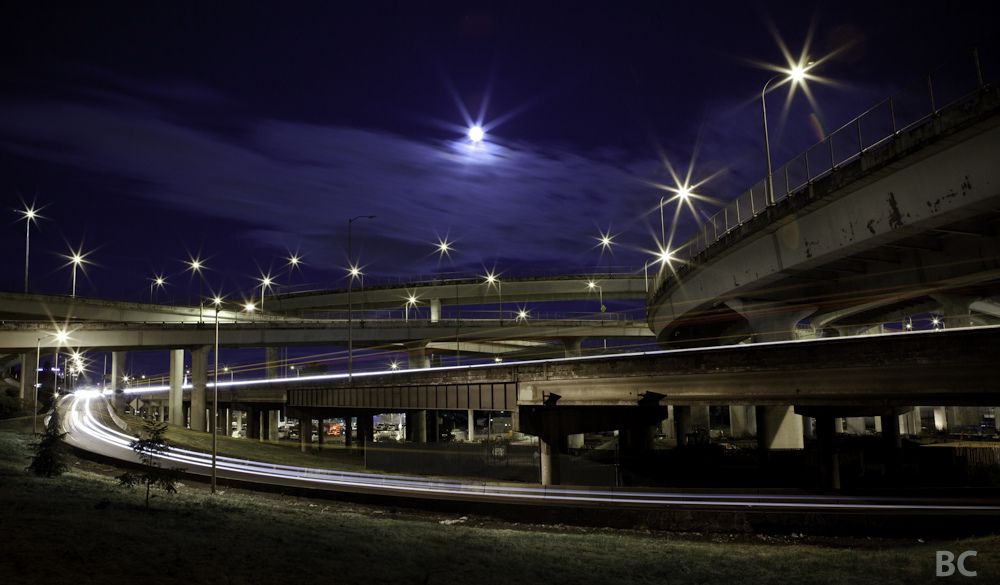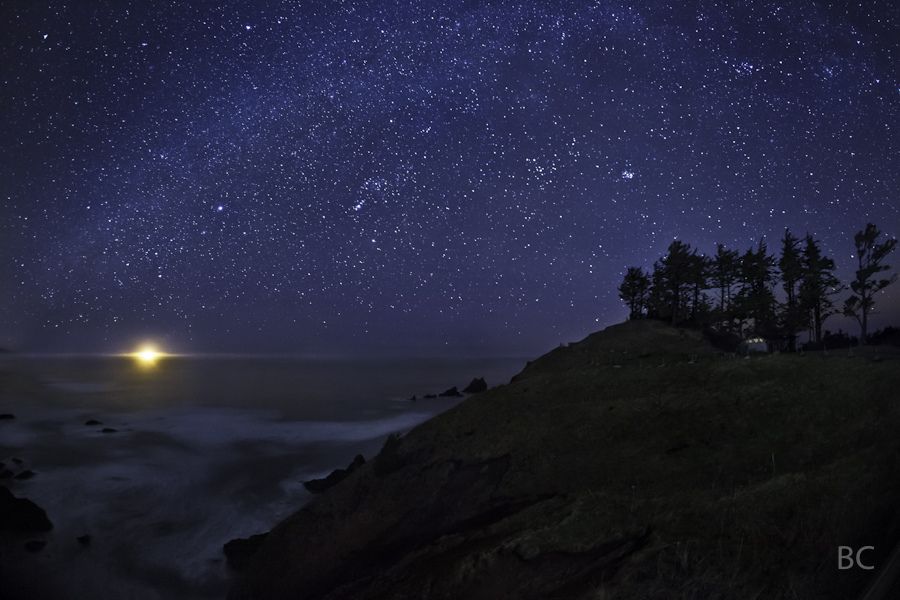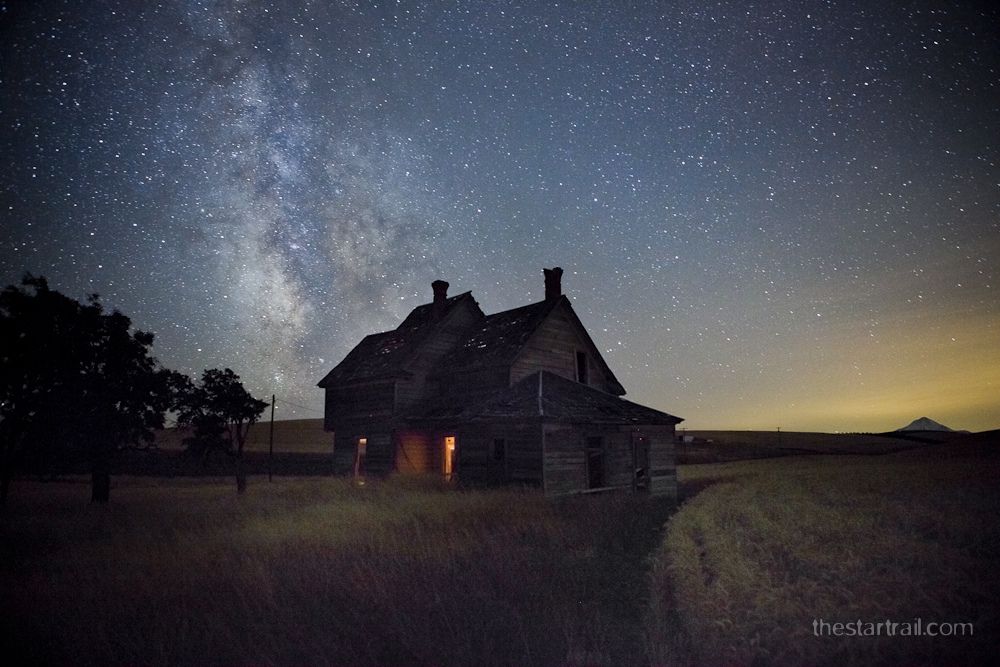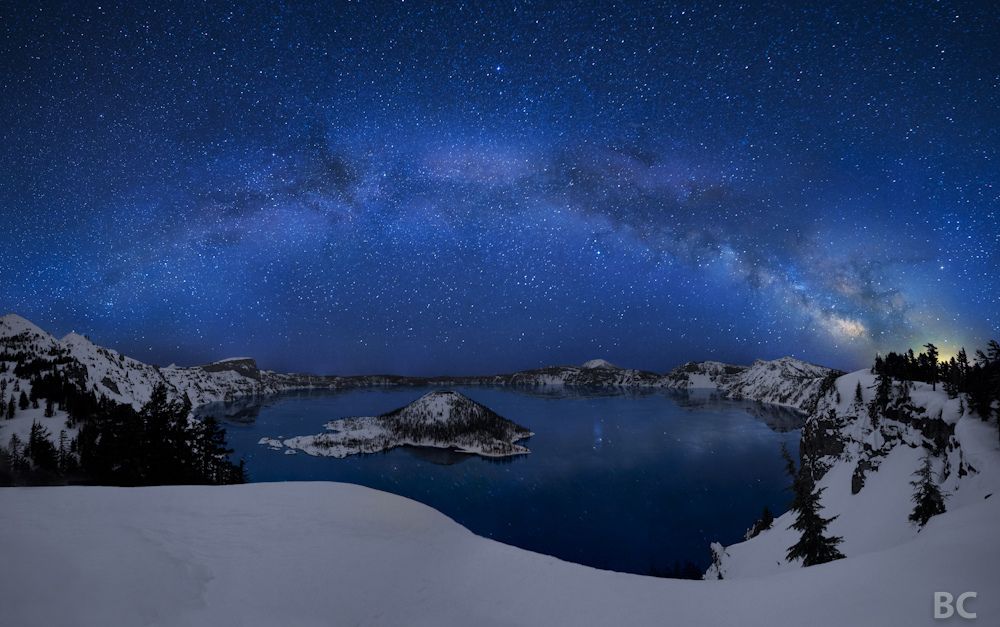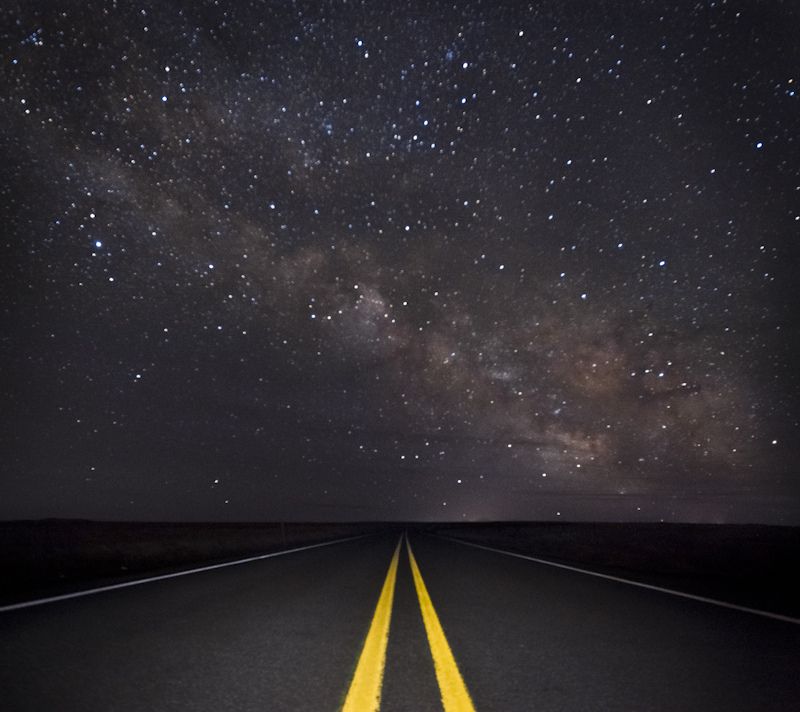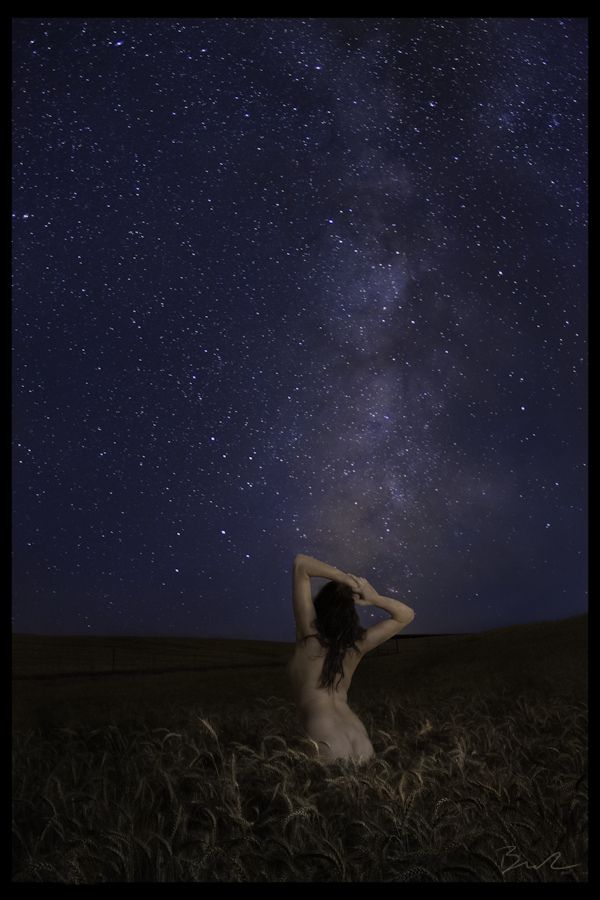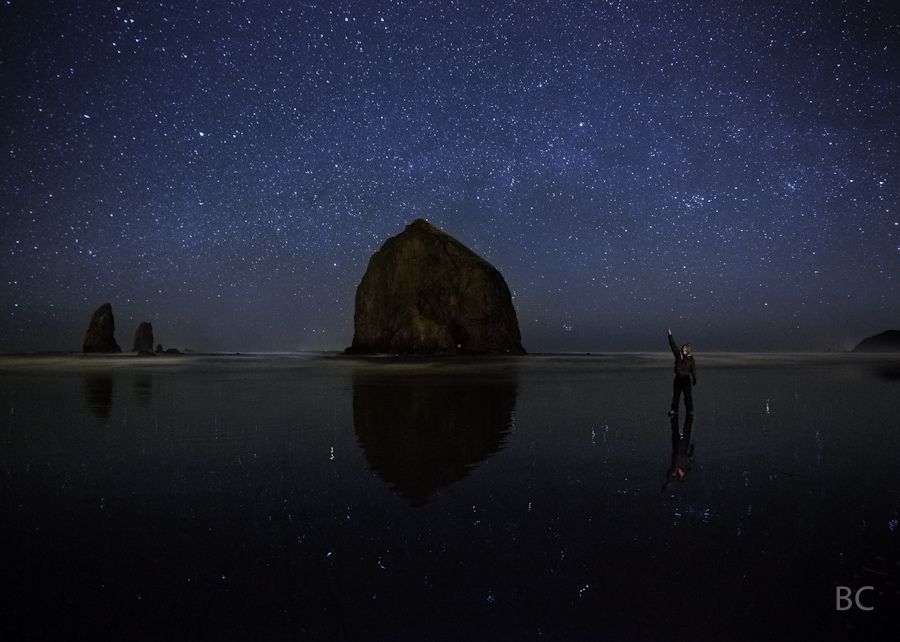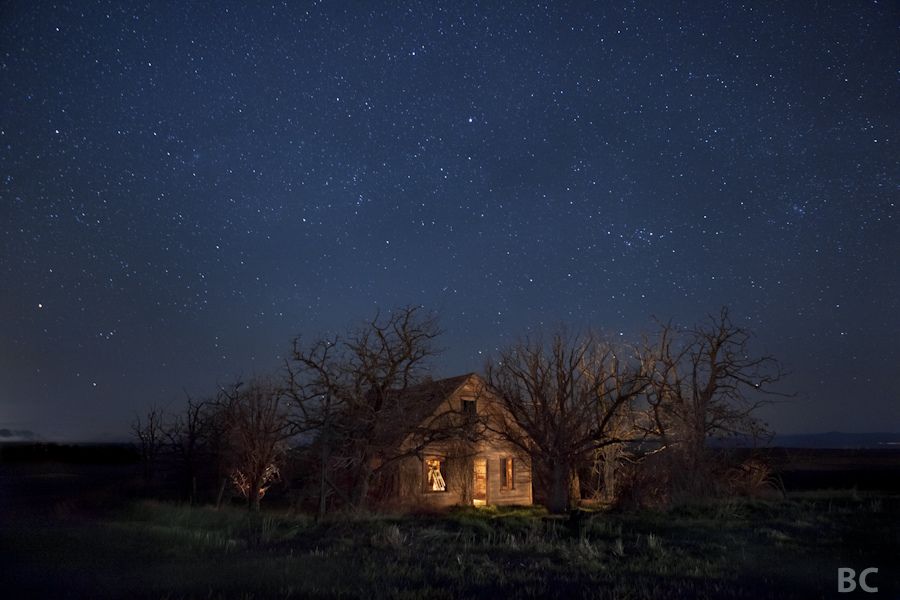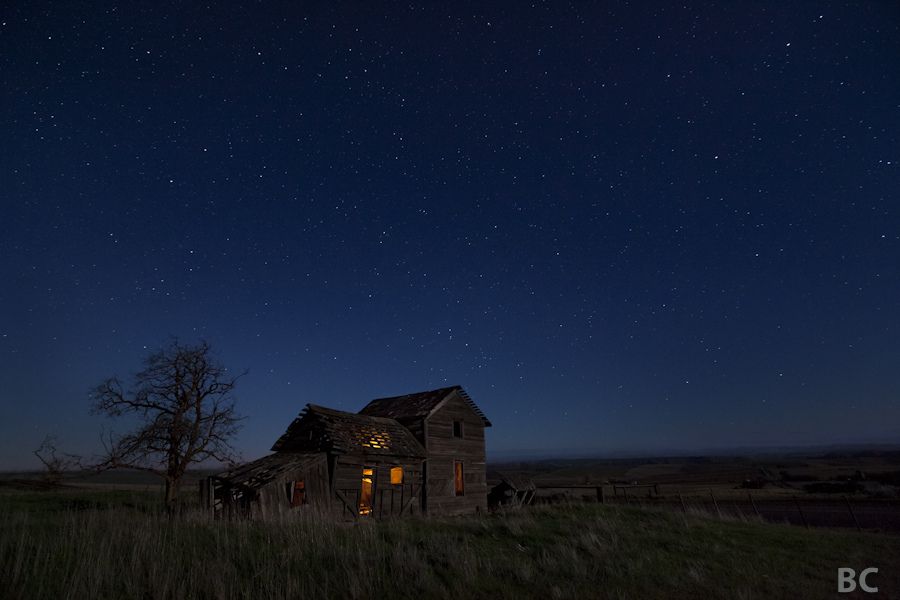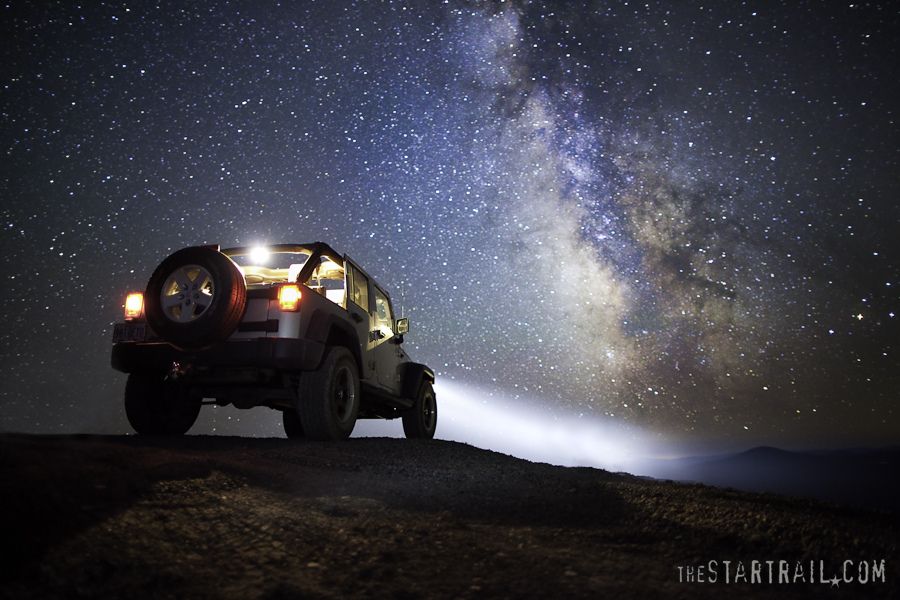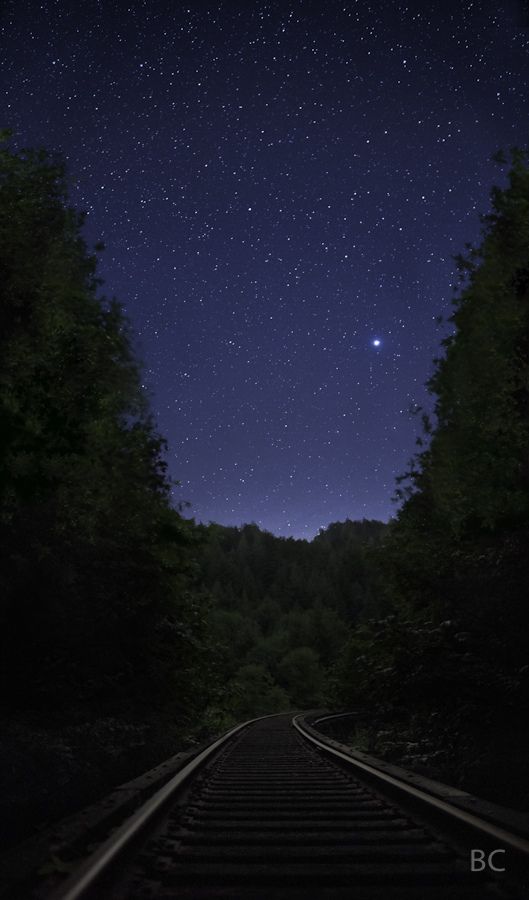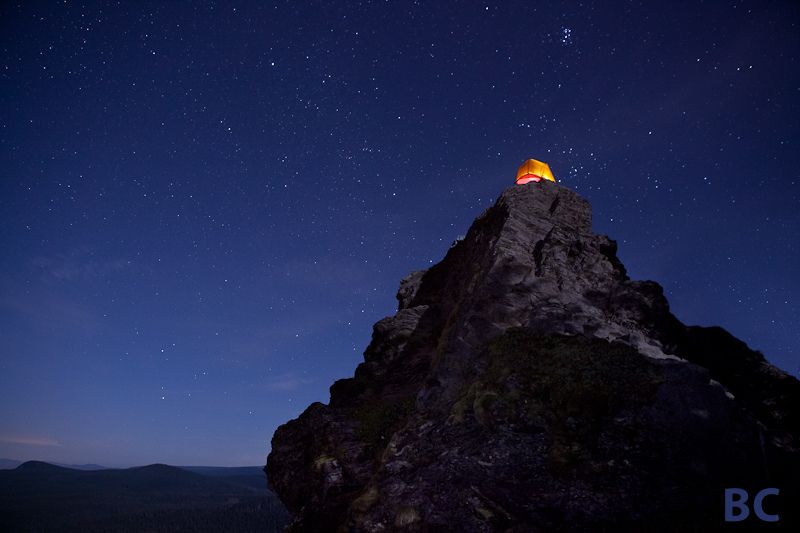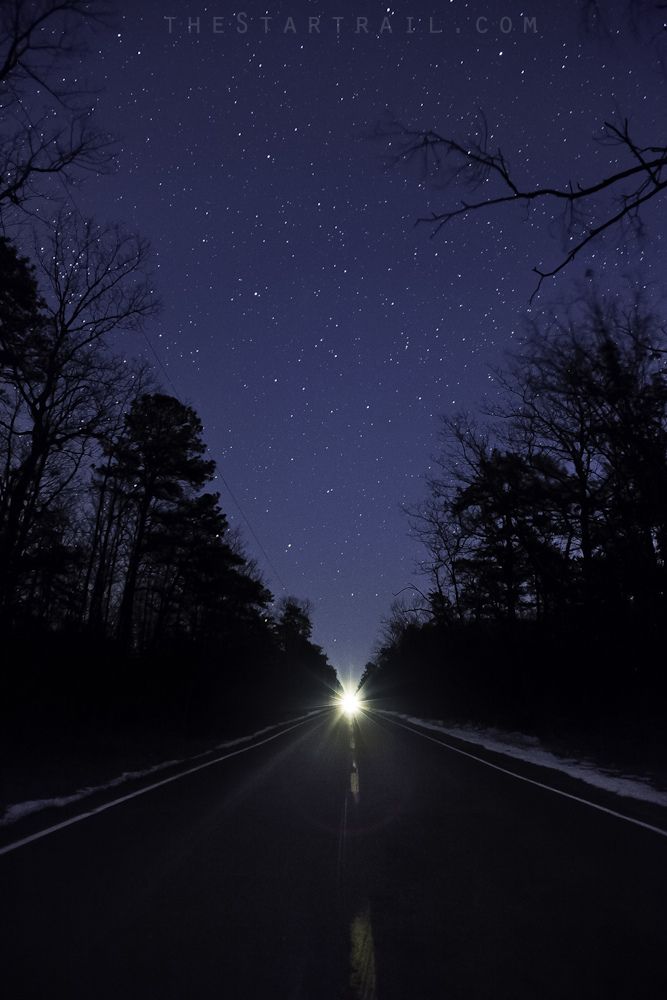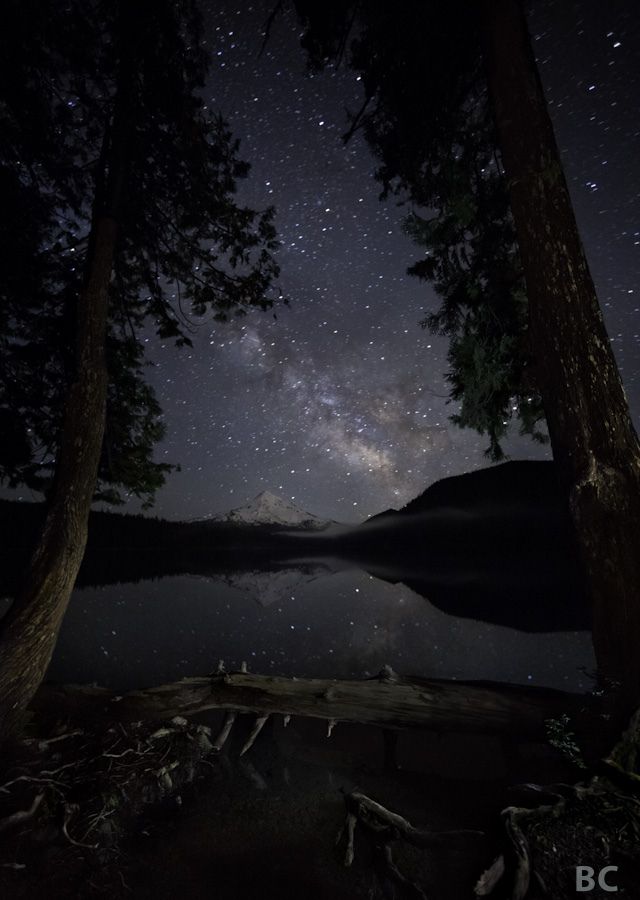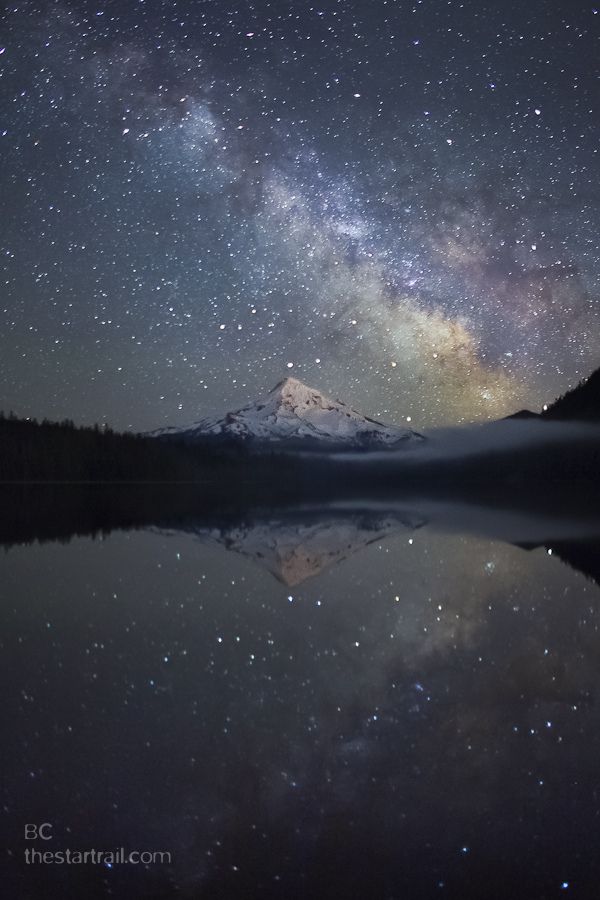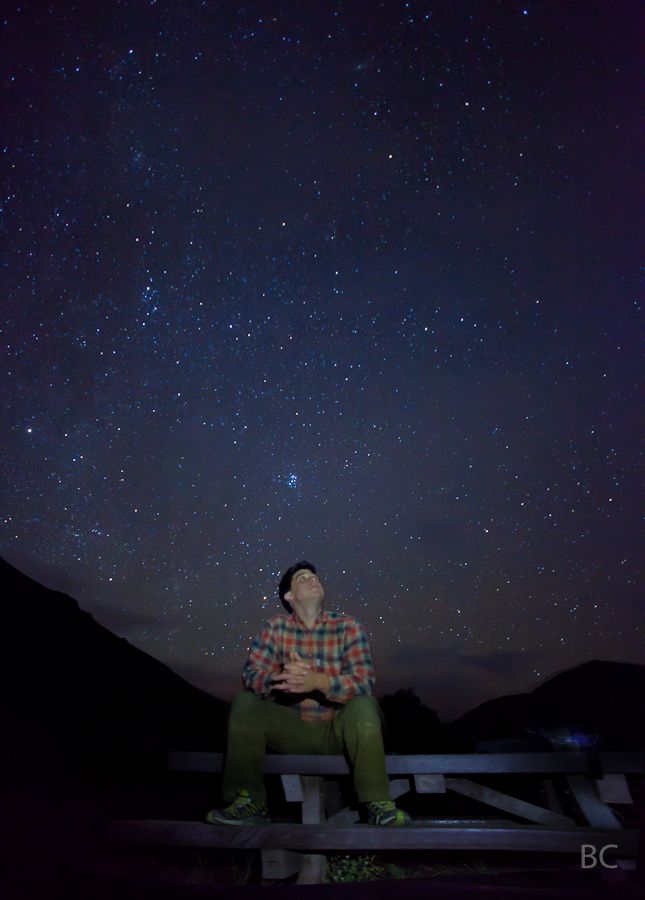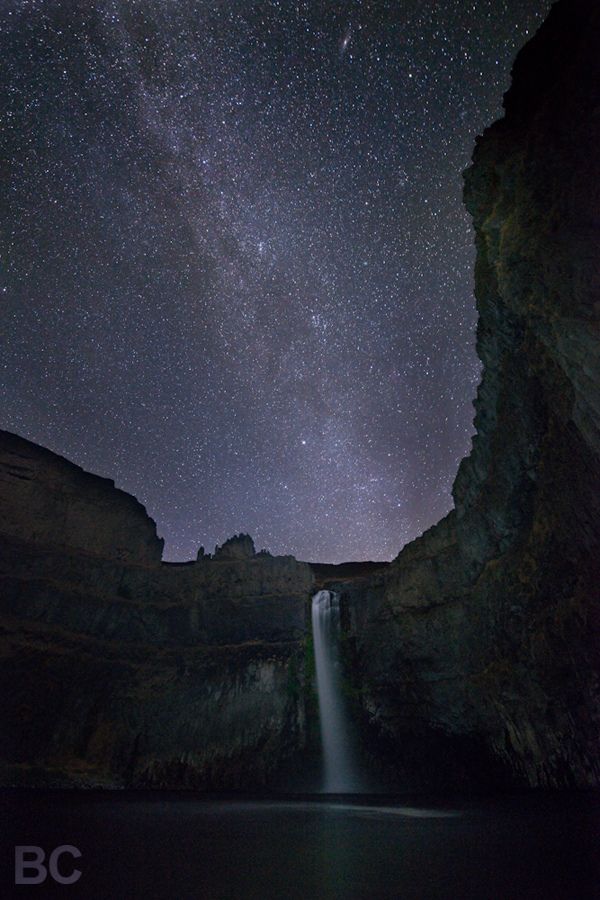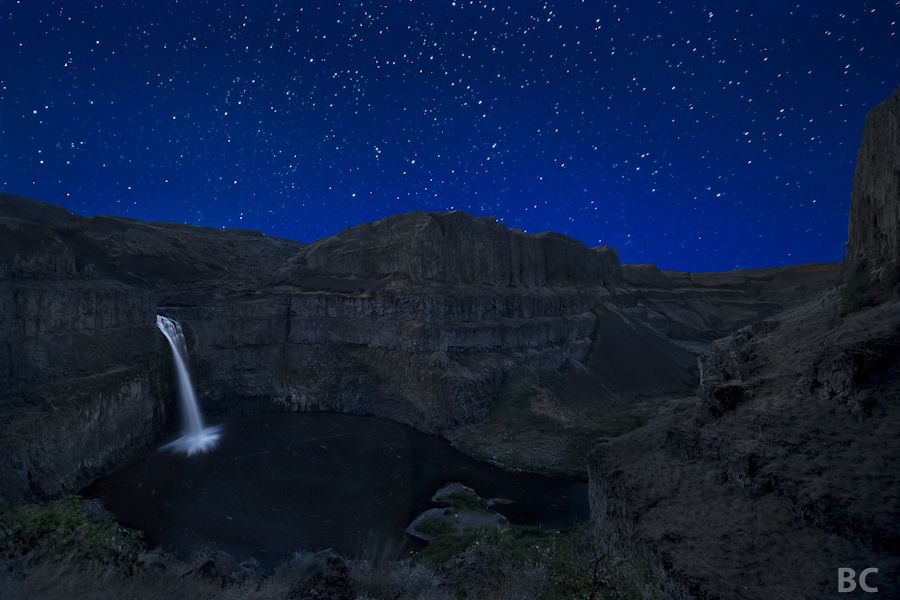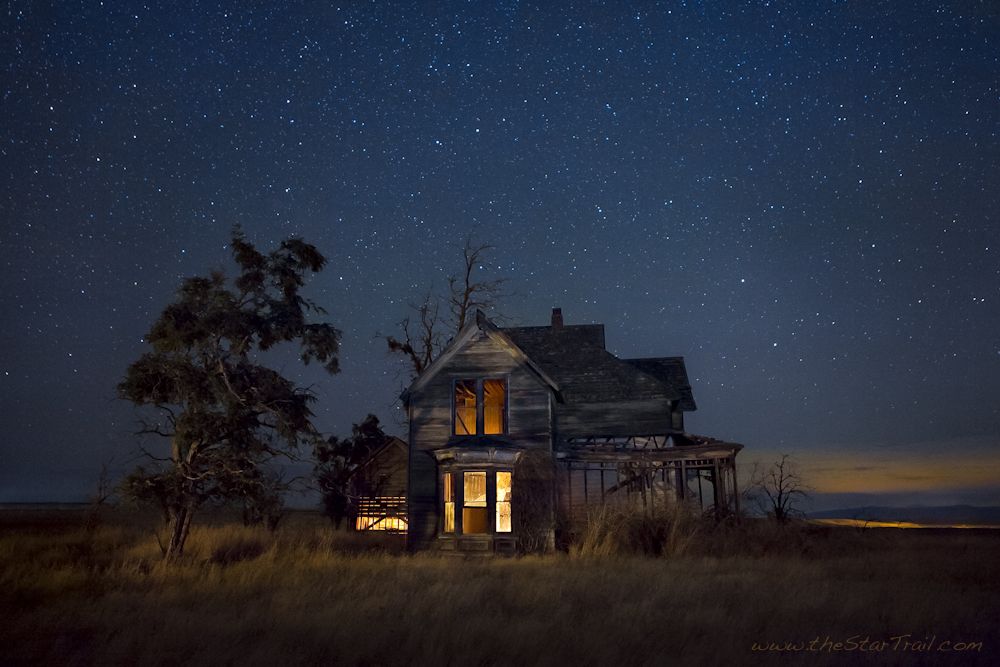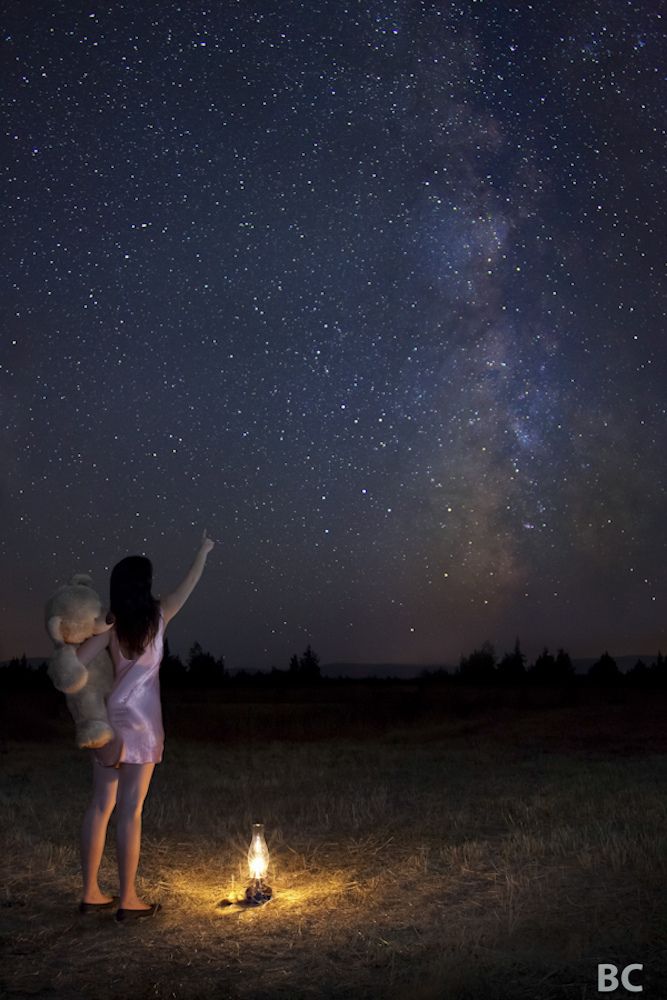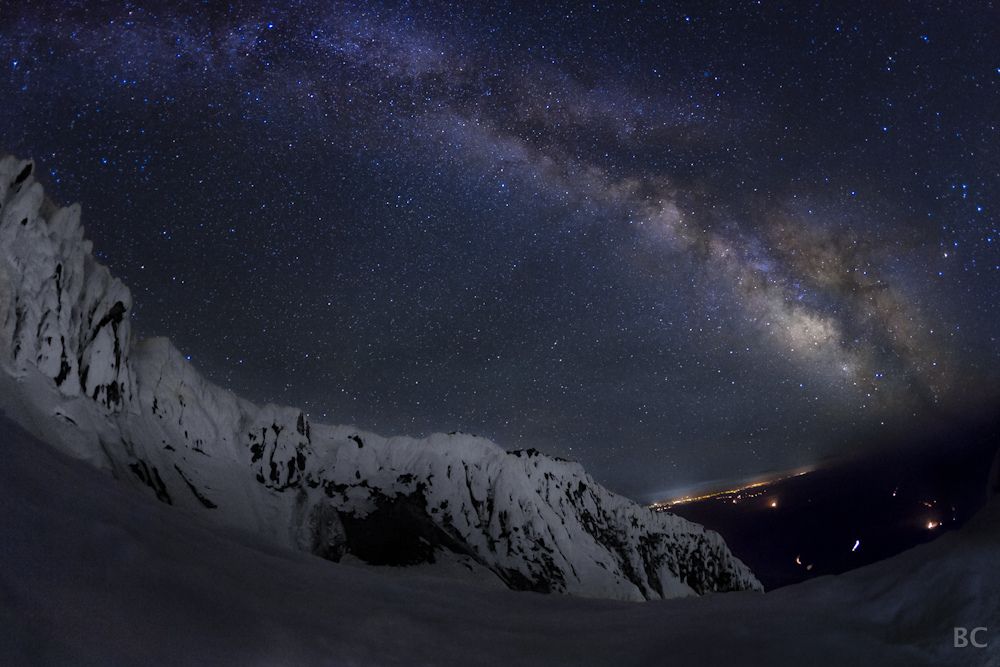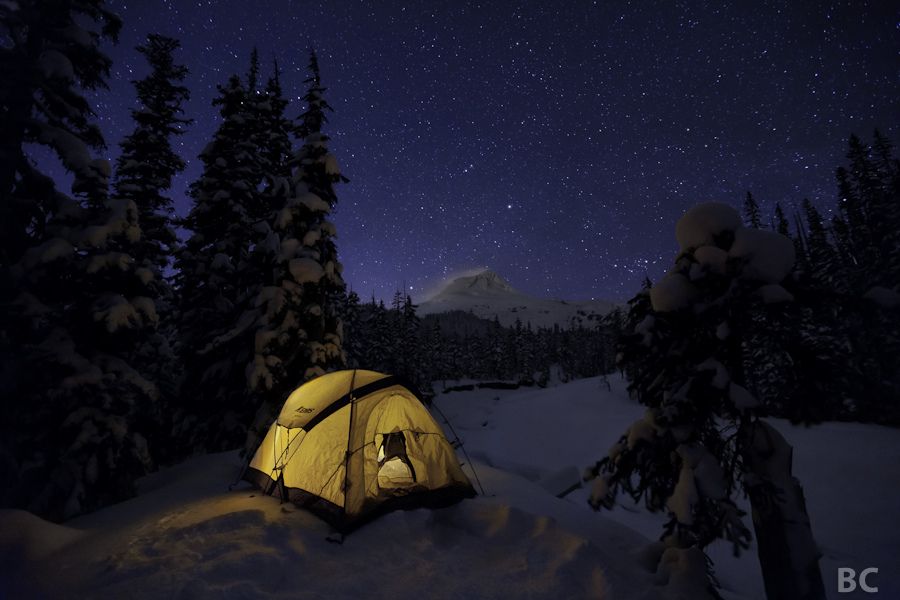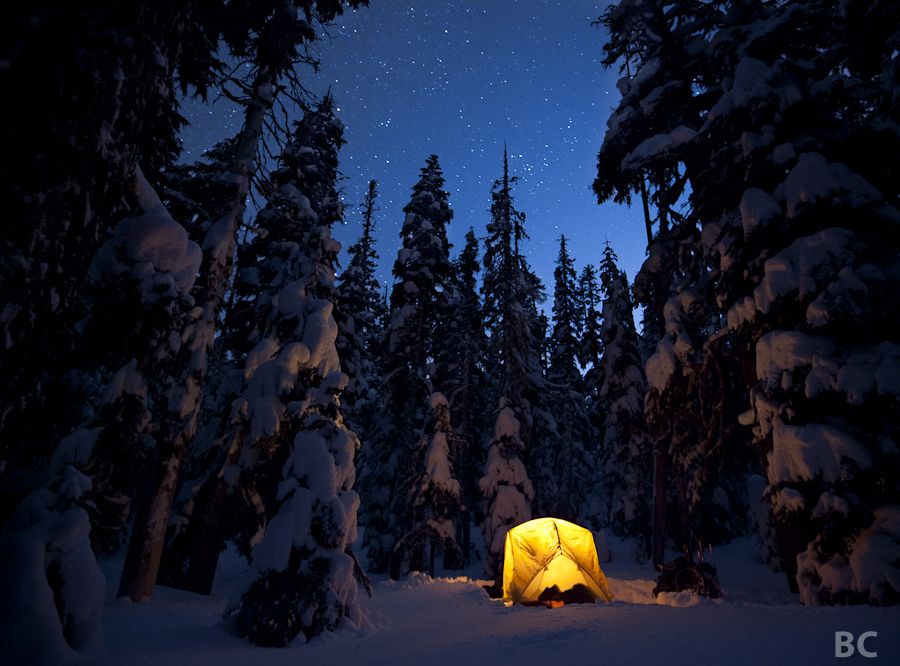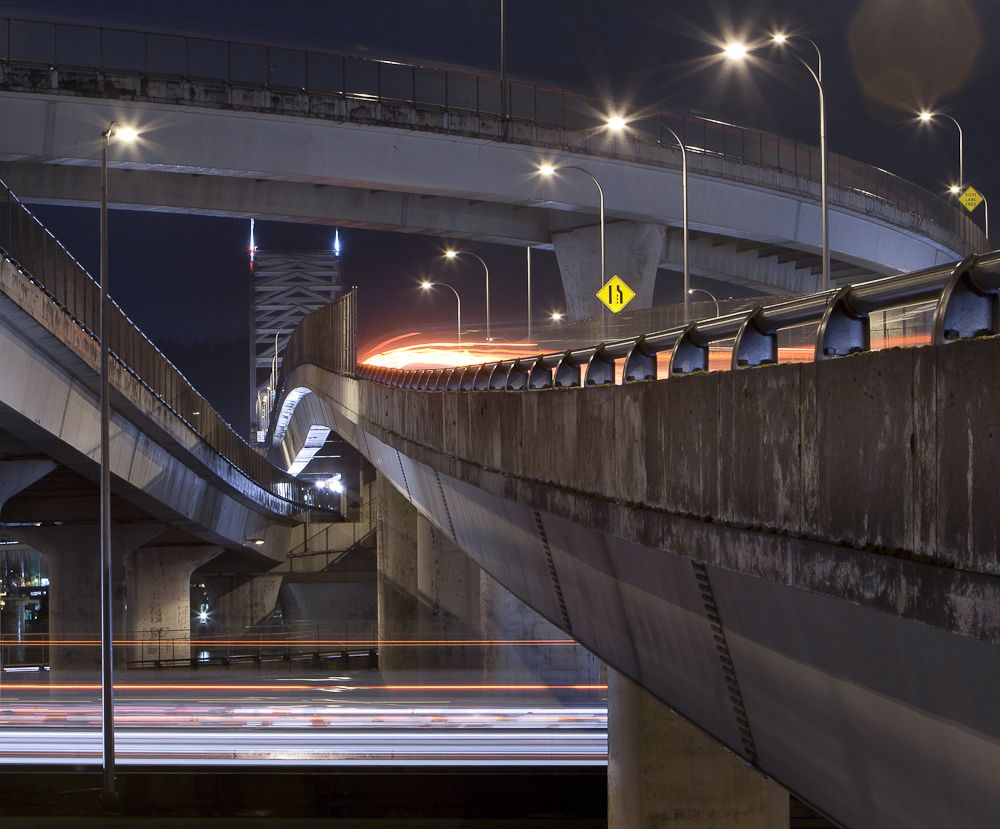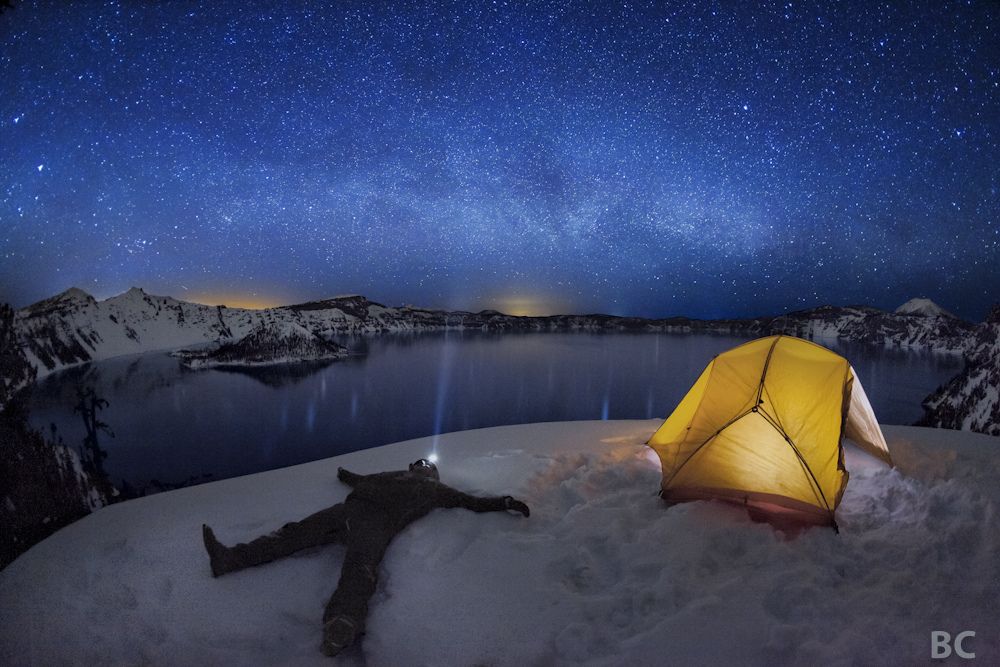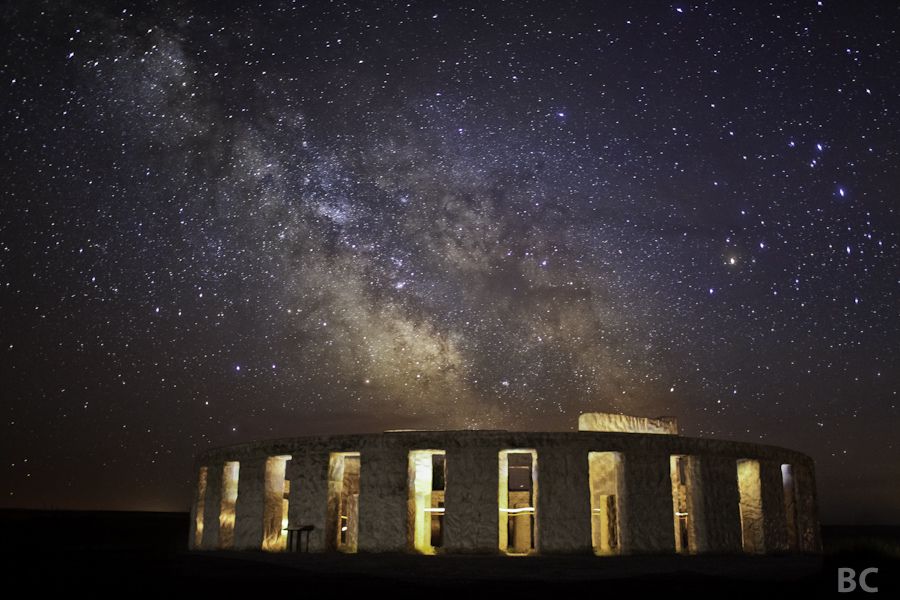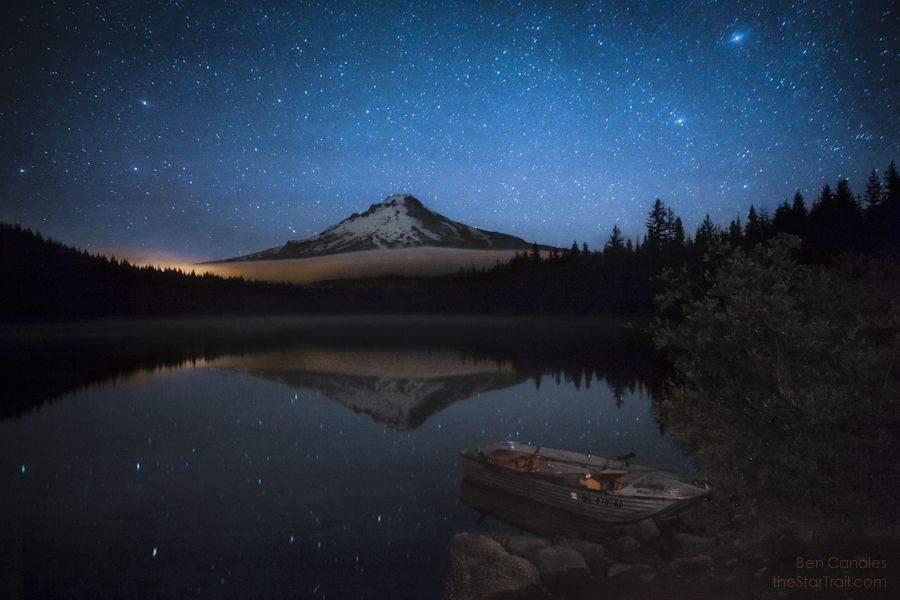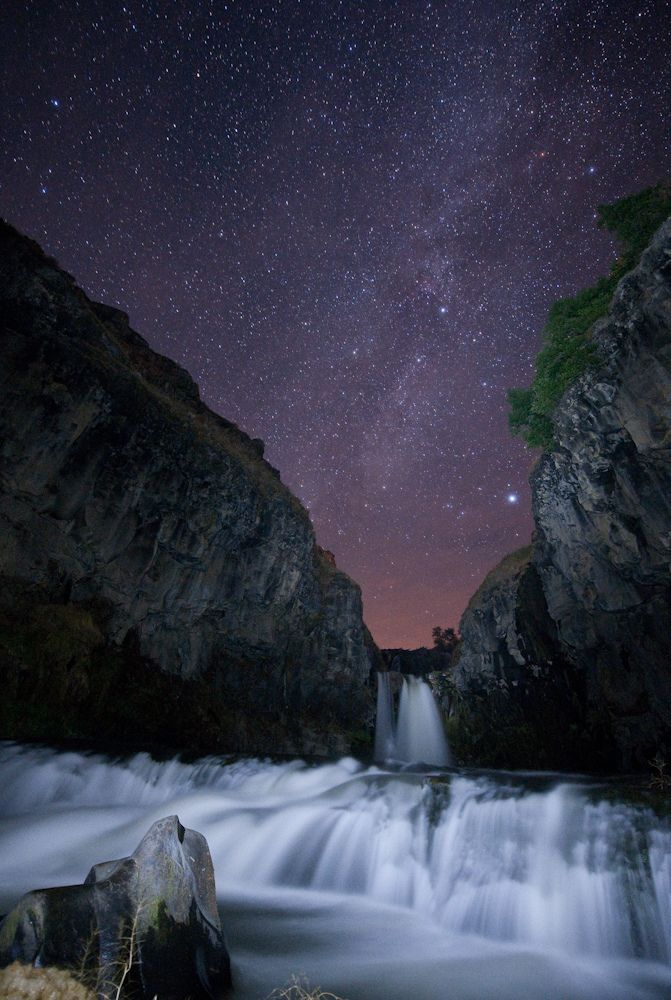Shooting Stars with Ben Canales
Ben Canales is a professional night photographer and a timelapse specialist at Uncage the Soul Video Productions in Portland, Oregon. When he's not chasing the Milky way, Ben is camping, climbing mountains, or perfecting the art of grilled asparagus.
We managed to contact Ben and to get an interview from the professional astrophotographer with all sort of tips and tricks but also featuring some breathtaking images, including the stunning self-portrait was taken at Crater Lake National Park that brought him grand prize award at National Geographic Traveler’s Photo Contest in 2011.
Tell us about something about Ben Canales Photography?
I grew up in New Jersey, under the heavily light polluted night skies of the Philadelphia suburbs. Now, here in Oregon, when I am taking pictures hours any cities, under the beautifully NON-light polluted starry skies, I am still that kid from Jersey that was excited about seeing only fifteen stars in the sky. But now that kid is almost 30 yrs old and he's got a really cool camera that can take incredible images of the night sky and landscape below! So, I take pictures as if I am still that kid, because, really- I am still that kid. I still see the night sky with my jaw gaping open and head craned back as I spin in slow dizzy circles looking up at the Milky Way and stars. I am still a guy from Jersey who's never seen stars like what's above him. That "wonder" and "awe" is something I treasure and strive to share in my images.
Can you make a brief description on the pictures in this set?
Mmm.. lot's of stars and beautiful Oregon landscapes! *laughing* I like variety and personal challenges to make an image, so I dream up crazy combinations in landscapes and stars, and then set off to make it work. These images are all results of heavily researched, planned, and executed ideas or complete off the cuff experiments. But in all of them, I rely on the landscape to root the image and provide a sense of scale and relation for my viewer. As a kid, I never got into the deep space telescope stuff, I just loved going out in a field and looking up at the stars. I try to maintain that inspiration in my work.
How did you get into landscape photography?
I got into it heavily around 3 years ago after a serious hand injury with a table saw. During time off from work, healing in between surgeries, I was lent a Canon 30d by a friend and used the camera to vent my stifled energy taking pics of everything and anything around me. Somewhere in that time off, I was out camping, mesmerized by the incredible display of stars overhead. I had the camera on the tripod setup from taking sunset shots, so I pointed it up to the sky and for sake of curiosity, I tried to get a shot of the stars. The image that popped up on my lcd screen was out of focus, underexposed, poor color balance, but the camera showed so many more stars than I could see. My jaw dropped and from then on, I was hooked with shooting stars.
What’s your creative process like?
If the weather cooperates as forecasted, and I step out of my car into a view of clear skies with beaming stars, then I usually start laughing from the overwhelming beauty of so many stars and the excitement of the night of shooting that is just beginning. The laughing out loud relieves the stress of wondering if the night was going to work out, but it also establishes me as the craziest and weirdest thing out there in the dark- helping to scare away the real crazy and scary things out there ;-).
After that, I use my camera cranked to it's highest light collecting abilities to "see" out into the dark with 10 second exposures, looking for an interesting composition. My eyes have become pretty good at seeing potential shots, but nothing beats taking a ton of experimental angles, compositions, etc until I find an image I really like. Then I slow down, change the settings and take my time to get as close to perfect as I can. I use headlamps and lanterns, avoid light pollution or creatively use it, search for building structures or compositions I can place myself in, find interesting landscape features to compliment the stars, etc. I'll keep at it until I got that particular shot as best I can, and then I look back into the dark for a whole other shot to try for. I'll do this until approaching dawn light begins to fade the stars out. But, in it all, I make sure I stop with the camera and take breaks to see it and experience it myself, without the camera, with my eyes, as a person not just a photographer looking for a shot. It's important to be where you are during our times taking shots.
What is typically in your camera bag?
Canon 5d Mkii, 24-70mm f/2.8 lens, headlamp and 5-hour Energy shot!
What are some tips you could give to people that really like your work?
• 1, Understand your DSLR is an incredibly powerful tool for getting low light shots. • 2, Realize and accept your gear may be better or not as good as what other people are using, but the quality of gear currently makes a huge difference • 3, With the above two items in mind, go out and figure out how to get good night shots within the means of your equipment • 4, Be happy and proud of what you come home with ready to learn from the experience and improve for next time • 5, Remember to "be where you are." If you drive 2 hours from the city to get shots of the stars, do not let yourself get so wrapped up in that goal that you forget to step away from the camera to simply lay on the ground and stare up at the stars like your 12 yrs old. It's good for the soul. • 6, Take advantage of online lens rentals for big trips to places far from cities. You can get a $2k lens for a $50 weekend rental rate! Borrowlenses.com is one, Lensrentals.com is another.
Can you name some great photographer that inspires you and why?
There is immediately one obscure photographer that comes to mind as one of my first inspirations and still is- Masahiro Miyasaka. He is a combination of poetic night visions being executed by a meticulous engineer. He only posts about once every couple of months, but when he does, I always feel it was worth the wait.
If you have something else to add (a video/book/about your next project/etc.) just tell us.
I always get a steady stream of emails asking how I take my star shots. To help others not waste a year and 30 tanks of gas figuring out on their own how to begin taking night shots, I made a video tutorial to hopefully point people in the right direction and avoid some of the most common beginning mistakes of shooting stars.
Here is the Landscape Astrophotography Tutorial:
Also, I've begun getting involved with motion time-lapse videos(isn't everyone?!), here's one of my favorite pieces I've made - Crater Lake Under the Stars
***
Dear Mr. Ben, thank you very much for accepting this challenge to be featured on Photography Office. We are delighted about the expressiveness, originality and beauty of your landscape night photography. The stars, galaxies, nebula's, planets and other deep-sky treasures are perfectly aligned into fantastic dreamlike compositions lead your viewers eye around the whole photo. Thank you for this and good luck with capturing the stars on photo and video.
